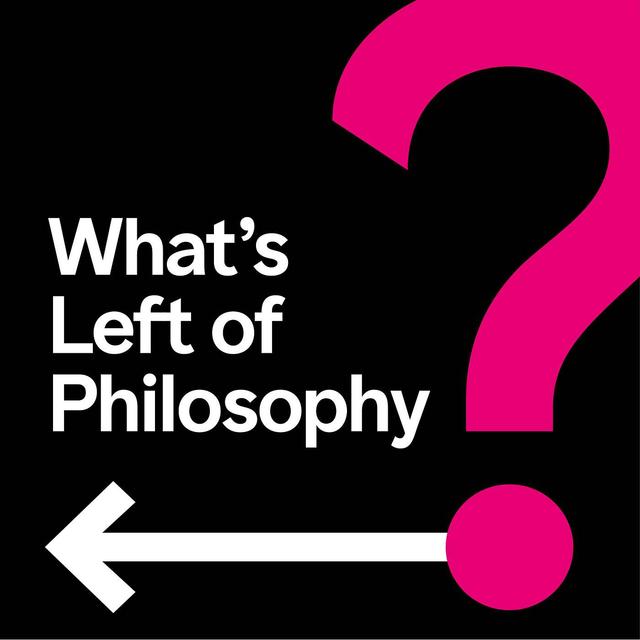
57 | What is Liberalism? Part II. Policing and Political Economy
Episode description
In the second installment of our “What is Liberalism?” series we discuss the relationship between liberalism and the institution of the police. If a core principle of liberalism is the equal application of the law, then some enforcement mechanism is necessary to ensure the stability of the social order. The problem is that in liberal democracies the police are asked to equally apply the law while maintaining an unequal social order. These two tasks create legitimacy crises for the state. We discuss how the liberal political economy of the United States explains the exceptional brutality of the police, why it is so difficult to think of a world beyond the police, and how redistribution would ameliorate crime and social disorder.
leftofphilosophy.com | @leftofphil
References:
Matias Dewey, Cornelia Woll, and Lucas Ronconi, “The Political Economy of Law Enforcement,” Maxpo Discussion Discussion no. 20/1 (2021): 1-28.
Christopher Lewis and Adaner Usmani, “The Injustice of Under-Policing in America,” American Journal of Law and Equality 2 (2022): 85-106.
David Garland, “Penal Controls and Social Controls: Toward a Theory of American Penal Exceptionalism,” Punishment & Society 22(3) (2021): 321-352.
Geoffrey H. Hodgson, “What are Institutions?” Journal of Economic Issues 40(1) (2006): 1-25.
Music:
Vintage Memories by Schematist | schematist.bandcamp.com